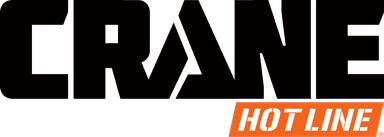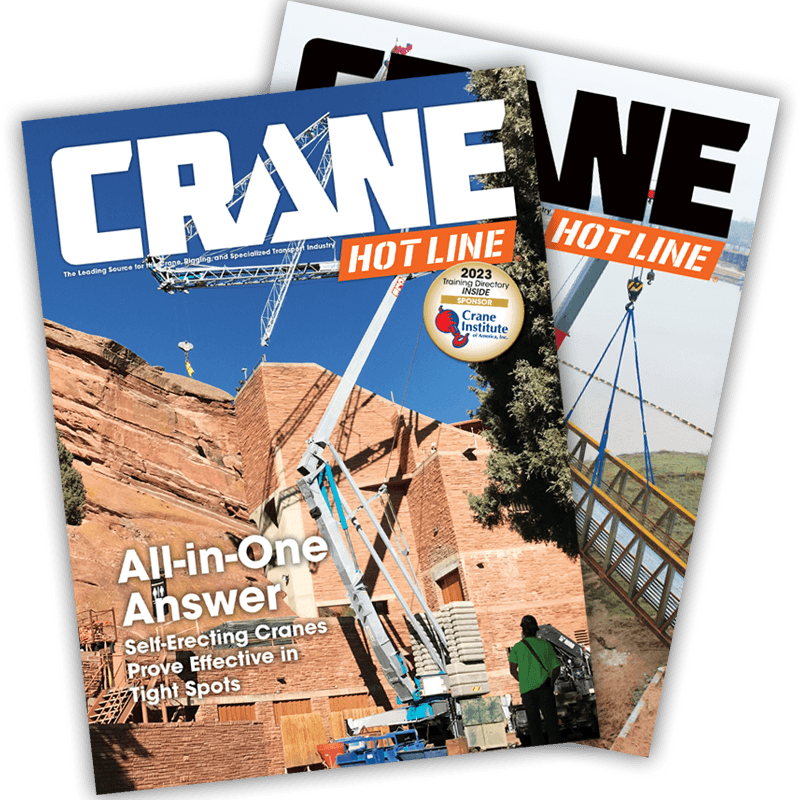A Strategic Alliance for the Long-Term?
 |
August 4, 2004 - The announcement by Gehl and Manitou two weeks ago to form a strategic partnership to sell each other's telescopic handlers to U.S. buyers had a different ring to it than many manufacturing alliances in the lift equipment industry. Certainly, it's worlds apart from cross-marketing agreements Manitou has previously made with New Holland and the former OmniQuip.
Perhaps most significant is Manitou's purchase of Gehl stock giving it a 15% stake in the company. It is also expected that Manitou's CEO Marcel Claude Braud will be named to Gehl's board of directors. This sets the tone for a long-term relationship-one that could prove to be mutually beneficial to these companies.
Manitou North America , Waco , Texas (formerly K-D Manitou) has more than proven its commitment to the North American market, representing the French- and Italian-built telehandlers here since the early 1980s. A little over a year ago, the company relocated to a larger plant in 2003 where it builds masted and truck-mounted forklift models.
Manitou is known for its highly versatile and productivity-centric designs, such as a truck-mounted forklift with telescoping boom and the rotating boom telehandler reviewed in this issue of Lift and Access 360. But when it comes to heart-of-the-line construction machines, Manitou has more trouble competing against no-frills machines. Certainly Gehl Co., West Bend , Wis. , offers straight-forward telehandlers well-accepted in construction applications. The company has successfully marketed two brands of construction machines-Gehl and Mustang-which are virtually of the same design.
But Gehl also brings with it an entrée into agricultural markets. According to a spokesperson for Gehl, the models it will build will be based on Manitou technology in the 5,000- to 7,000-pound capacity ranges. In Europe , these compact telehandlers are very popular for agricultural applications. Access to models suitable for that market is a big plus for Gehl. As ag users latch onto the idea of telehandlers as an important tool, both companies are sure to benefit from this expanding new market in the world of telehandlers.
It is important to note that both companies will only be marketing products under their own brand names, and there doesn't appear to be any exclusivity of models. The agreements are expected to be fully operational by the start of 2005. More than anything, this arrangement is one where the strengths of each company serve to balance out their respective weaknesses.


